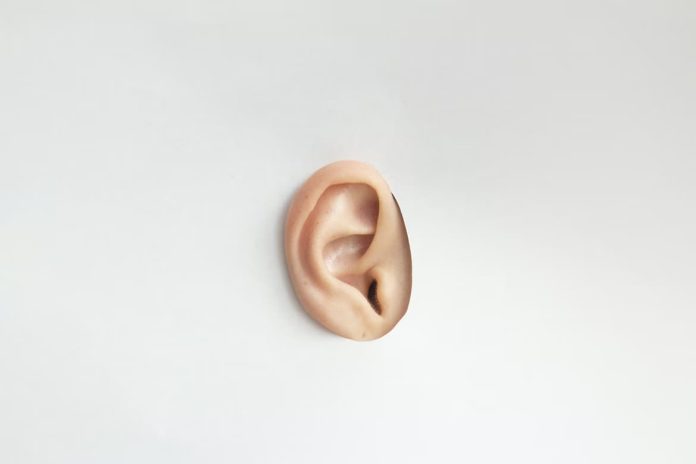If you are one of the millions of people around the world who suffer from hearing problems, you know how difficult it can be to manage day-to-day life. You may feel like you are missing out on important conversations or that you can’t enjoy your favorite music as much as you used to. Thankfully, there are a number of natural remedies that might be able to help improve your hearing! In this blog post, we will discuss six of them. Keep reading for more information!
Table of Contents
What Type Of Hearing Problem Are There?
There are two types of hearing problems: conductive and sensorineural. Conductive hearing problems occur when there is a problem with the outer or middle ear, such as an ear infection. Sensorineural hearing problems occur when there is damage to the inner ear (cochlea) or to the nerve that connects the ear to the brain.
Even more so, professionals from https://www.hear.com/ say that one in six people have hearing loss, and hearing aids can make a tremendous difference in their lives.
Conductive hearing loss is often temporary and can be treated with medication or surgery. Sensorineural hearing loss is permanent and cannot be cured, but there are a number of treatments that can help improve symptoms.
1. Try Ginkgo Biloba
If you are looking for a natural way to improve your hearing, ginkgo Biloba may be worth trying. This herb has been used for centuries in traditional Chinese medicine to treat a variety of ailments, including hearing loss. Some studies have shown that ginkgo Biloba can increase blood flow to the ears and help protect nerve cells from damage. It is important to note that Ginkgo Biloba can interact with certain medications, so be sure to speak with your doctor before taking it.
For instance, one study showed that people who took ginkgo Biloba for six months had a significant improvement in their hearing.
2. Change Your Diet
What you eat can also have an impact on your hearing. There are a few specific nutrients that are especially important for healthy hearing. These include omega-three fatty acids, magnesium, potassium, and vitamin B12.
You can get these nutrients from foods like fish, dark leafy greens, nuts, and seeds. You may also want to consider taking a supplement if you feel like you are not getting enough of these nutrients in your diet.

Moreover, there is another herb that has been traditionally used to treat hearing problems, and it is ginger. Ginger has anti-inflammatory properties and can help improve circulation. There is some evidence to suggest that ginger may be effective in treating tinnitus, which is a condition that causes ringing in the ears.
3. Get Enough Sleep
It is also important to make sure that you are getting enough sleep. This is because sleep deprivation can lead to a number of health problems, including hearing loss. One study found that people who slept for less than six hours per night were more likely to experience hearing loss than those who slept for eight hours or more.
So, if you are struggling with hearing problems, make sure that you are getting enough rest.
4. Avoid Loud Noises
Another way to protect your hearing is to avoid loud noises. This means turning down the volume on your music and avoiding being around loud machinery or other noise sources. If you must be exposed to loud noise, make sure that you wear earplugs or earmuffs to protect your ears.
While there is no guaranteed way to prevent hearing loss, avoiding loud noises is a good way to protect your ears. Also, if you notice that your hearing is getting worse, be sure to see a doctor so they can check for any underlying medical conditions.
5. Try Sound Therapy
If you are struggling with hearing loss, sound therapy may be able to help. This type of therapy uses sounds to retrain the brain to process auditory information. There is some evidence to suggest that sound therapy can be effective in treating both tinnitus and hearing loss.
One study found that people who underwent sound therapy had a significant improvement in their hearing. Therefore, sound therapy may be something worth considering if you are struggling with hearing problems. Namely, it can help improve your hearing and quality of life.
6. Manage Your Stress
Stress can also have a negative impact on your hearing. This is because when you are stressed, your body releases a hormone called cortisol. Cortisol can damage the cells in your ears and lead to hearing loss. Therefore, it is important to manage your stress if you want to protect your hearing.
For example, when you are feeling stressed, you can try relaxation techniques such as deep breathing or yoga. You may also want to consider speaking with a therapist if your stress is affecting your quality of life.
These are just a few natural remedies that might be able to help improve your hearing. If you are struggling with hearing loss, be sure to see a doctor so they can rule out any underlying medical conditions. Additionally, try implementing some of these remedies into your routine to see if they help.




